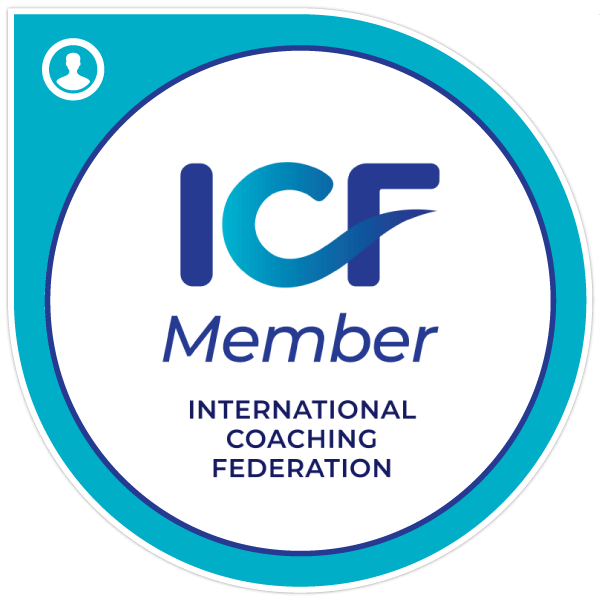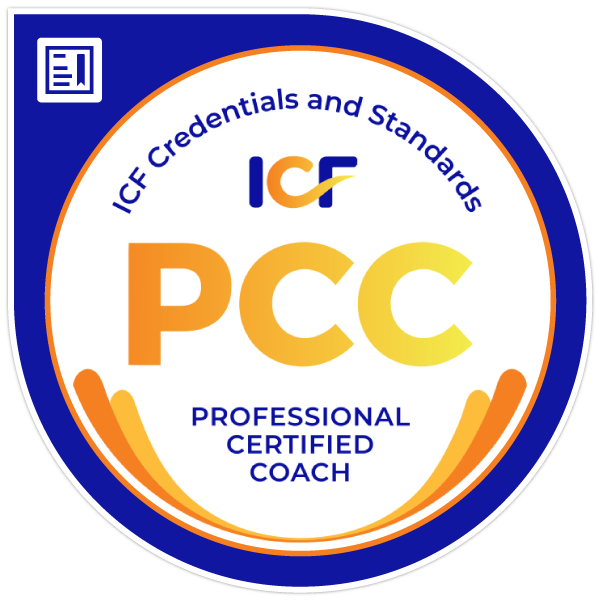Good to Know: Coaching
Welcome on board! I honor you for taking the first step in your coaching journey. The benefits of coaching may not be widely known yet, but I believe that coaching is a great tool to navigate through the recent volatile world. Here are some good to know tips for your coaching journey. I look forward to working with you and wish you all the best!
What is coaching?
There are many types of coaching on the market, i.e. leadership coaching, career coaching, relationship coaching, which usually include mentorship (advice, guidance in a specific area). The coaching you receive is comprehensive and focuses on the basics of coaching, that is how you feel and think and how you can best act in the given circumstances. According to the International Coaching Federation (ICF), “Coaching is a partnership between the Client and the Coach in a thought-provoking and creative process that inspires the Client to maximize personal and professional potential. It is designed to facilitate the creation/development of personal or professional goals and to encourage taking action for achieving those goals.”
How different is coaching from other counselling or therapies?
Coaching focuses on setting and achieving goals while encouraging clients to find and nurture their authentic power within to expand their potential. Coaching differs from other professions such as psychotherapy/counseling, which provides clinical care, consulting, which provides advice for a specific area of expertise, or mentoring, which provides guidance based on experience.
What’s special about professional coaches?
- Unlike conversations with your family, friends, and co-workers, conversations with professional coaches, e.g., ICF Certified, are conducted within the standards and guidelines of ICF, including the Code of Ethics and the Core Competencies, which formally established the confidential, non-judgmental, and professional attitude of coaches.
- Coaches will not judge the conversation based on personal/public values or common sense. However, in the case of content related to endangerment of human life, crime or extreme violation of morals or ethical behavior, separate rules will be applied.
- There is no superiority or inferiority between the coach and the coachee (client). Thus, both the coachee and the coach have responsibilities to fulfill during the designated coaching partnership.
- The goal of coaching is not to build harmonious relationships, but to get the coachee to expand their power to achieve their goals. Thus, the coach can effectively interrupt their story to keep time, ask seemingly direct/blunt questions and provide feedback, and suggest that they consult other professionals from whom they may benefit.
What are the responsibilities of the coach and the coachee?
The coach’s responsibility:
- We believe in our clients, explore their possibilities, and provide support that leads to action.
- We uncover our clients’ desires and support them in their challenges.
- We listen to our clients and ask objective questions from different angles to discover new perspectives.
- We act as a mirror and give feedback on what we hear.
The coachee’s responsibility:
- You are open-minded and believe in your untapped potential.
- You bring a topic that you’d like to be coached on.
- You are committed to making time for regular coaching sessions.
- You are accountable for what you decide in the session and strive to take tangible action.
- You make it a habit to reflect on the sessions and write down what comes to mind.
“Coaching is a way to get more out of yourself than you can get on your own.” ⎯ Michael Neill
This document is based on my professional experience with reference to the “FAQ/Frequently Asked Questions” on the website of the International Coaching Federation Japan Branch (ICF Japan).



